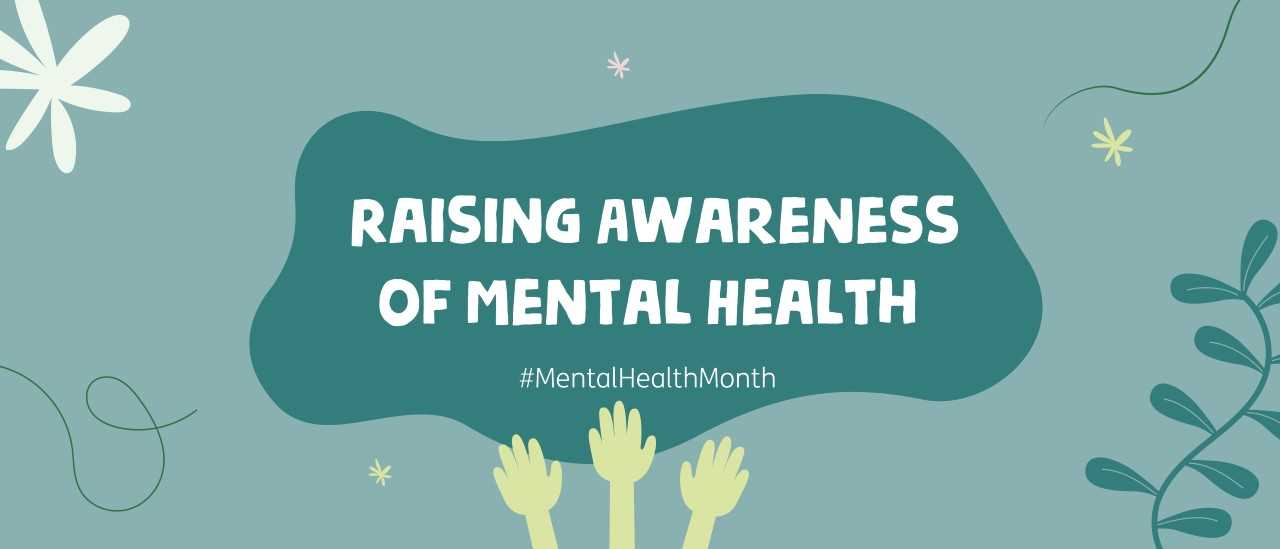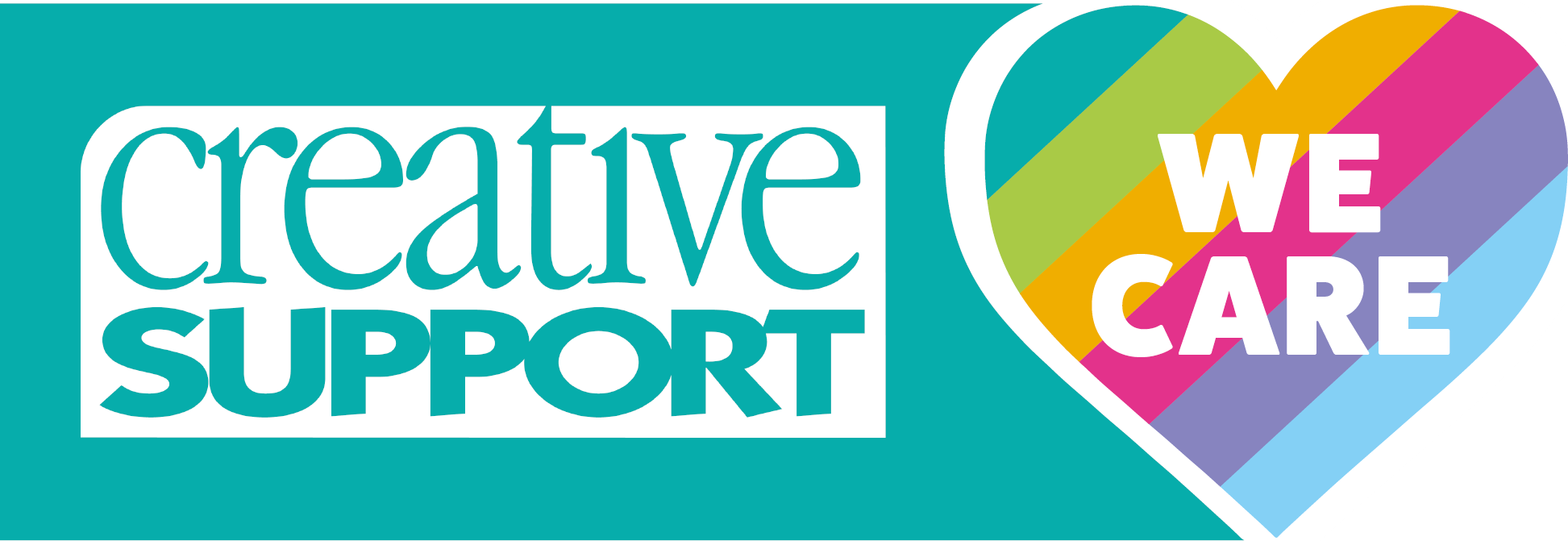Eating Disorders

TW: Food
You may have heard lots about Eating Disorders in the media or in popular culture, but there is a lot of misinformation out there about what these disorders actually are and how they affect people. Eating Disorders are a range conditions which lead people to overly control their food intake, or exhibit compulsive behaviours related to food, in order to help them cope with certain feelings, emotions and situations. There are between 1.25 million and 3.4 million people in the UK with a diagnosed Eating Disorder and approximately 25% of people diagnosed are male.
There are four main types of Eating Disorder. They are:
Anorexia Nervosa
People with this condition limit how much they eat and drink. They may create rules around foods, such as what they can and cannot eat, over-exercise, or create a rewards system which allows them to eat only if certain things happen. You can read more about Anorexia Nervosa here.
Binge Eating Disorder (BED)
People with this condition eat large amounts of food (bingeing) without feeling able to stop. They may fast beforehand, plan a binge, or eat certain special foods for their binge. People with this disorder cannot control the amount they’re eating and some people have said that they sometimes struggle to remember what they’ve actually eaten. You can read more about BED here.
Bulimia Nervosa
People with this condition can find themselves in cycles of bingeing and then try to make up for overeating by vomiting, using laxatives, over-exercising, or fasting. You can read more about Bulimia Nervosa here.
Other Specified Feeding or Eating Disorder (OSFED)
Some people may not exactly fit into the above categories of eating disorder, so they may be diagnosed with OSFED. It could be that someone doesn’t binge as frequently or their weight remains stable despite over-exercising. The majority of people who have a diagnosed Eating Disorder have OSFED. You can read more about OSFED here.
There is also Avoidant/Restrictive Food Intake Disorder (ARFID), whereby someone avoids certain foods or types of foods, or limits how much they eat. It could be that they are sensitive to or dislike the taste, texture, smell, or appearance of some food. This can lead to ‘sensory-based avoidance’ or restricting their intake. Also, if someone has had a negative experience with food, such as choking or being sick, they may develop anxiety around that food and restrict their intake of it. For some, they may not experience hunger in a typical way or may have a low appetite, and some people may restrict their food intake because of a low interest in eating. People’s own experiences of ARFID are unique to them as they may have their own personal reasons behind restricting certain foods.
ARFID can have a negative impact on someone’s physical and mental health. If someone avoids certain foods because they like to eat them at certain temperatures for example, they may avoid uncooked fruit and vegetables or foods with key nutrients. They can also find it difficult to see friends for meals or going on holiday for fear that they won’t be able to eat or worry about what others think about them eating.
One big misconception around Eating Disorders is that it’s a choice. People who live with an Eating Disorder do not consciously choose to restrict themselves, or do any of the above, but instead feel that they have to. Eating Disorders are serious mental health conditions that many people live with, and while there are treatments out there such as therapy, there is no easy fix. Some people have described having an Eating Disorder as like living with a bully inside of them who tells them they look a certain way and that they need to fix themselves. Misconceptions like the idea of Easting Disorders being a choice or “attention-seeking” behaviour belittles the condition and the struggles people can have with Eating Disorders. The idea that people with an Eating Disorder are simply choosing to restrict or “obsess over” food can also create shame and stigma by implying that they can just ‘get over it’ quickly. Raising awareness around Eating Disorders and accepting people first before their condition is really important, as is not shaming someone for having untypical eating habits.
There is also an assumption that people with Eating Disorders look a certain way. Eating Disorders can affect anyone no matter their weight or size, and the assumption that they only affect people of smaller weight or size is untrue. Anyone, at any time in their lives, can develop an eating disorder. There have been people as young as six and over 70 who have been diagnosed with an Eating Disorder. The idea that Eating Disorders only affect certain people can lead to a narrow and stigmatising idea of what it actually is and stop people from seeking support because they feel like they don’t tick that box.
There is also a difference between disordered eating and having an Eating Disorder. Some people may have disordered eating without it causing them problems, such as eating the same foods for lunch every day or cutting out a certain food group like dairy for reasons other than health. However, in some cases, disordered eating can be the start of an Eating Disorder. According to medical professionals, the distinction between disordered eating and an Eating Disorder is when food or body image becomes an unhealthy fixation, or it impacts on their daily lives. This could be obsessive calorie counting, only eating from certain places, or avoiding food completely.
Body Dysmorphic Disorder, or body dysmorphia, also has links to Eating Disorders. People with body dysmorphia worry about and fixate on their looks and compare themselves to others. They may have an untrue image of their body in their minds and be unhappy with the way they look. Body dysmorphia can lead to Eating Disorders or disordered eating and can be incredibly debilitating in its own right. It can stop people from leaving their house because they worry about how they look, potentially having serious consequences on their mental health. You can read more about Body Dysmorphic Disorder here.
Eating Disorders affect a large number of the UK population, and the misconceptions around them can have a huge negative impact on people with one. If you, or someone you know, has an Eating Disorder, the first thing to know is that judging people for what they cannot control or telling people to “snap out of it”—even if this is well intended–will have no positive effects and could in fact only worsen how someone feels. People with Eating Disorders deserve as much love, support, and help as anyone with any condition, whether physical or mental.
If you have an Eating Disorder, think you might have one, or support someone with one, please know that there is help out there and support if you need it. This isn’t something that you have to live with or deal with on your own and there are people out there who can really help. Remember, you are not alone.
For further support and information, please click on the links below.
